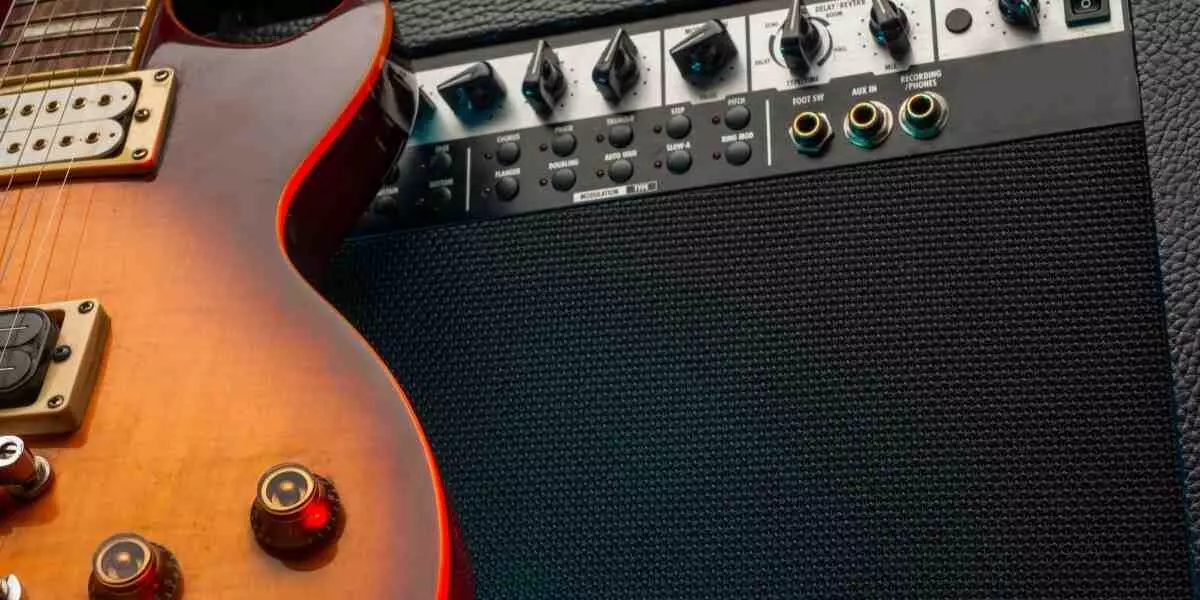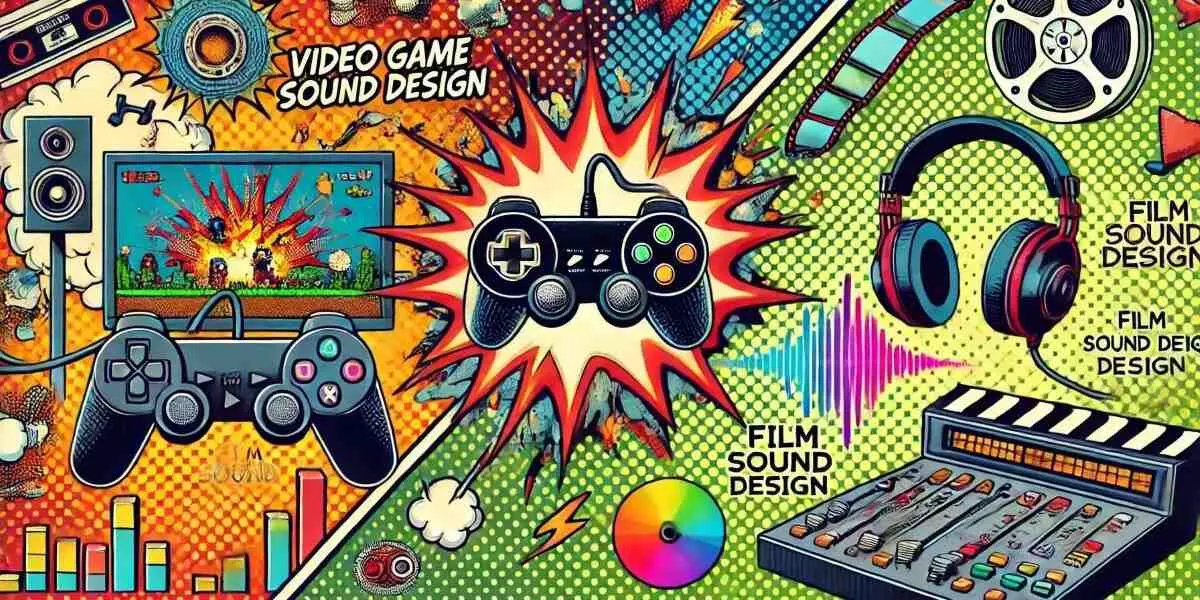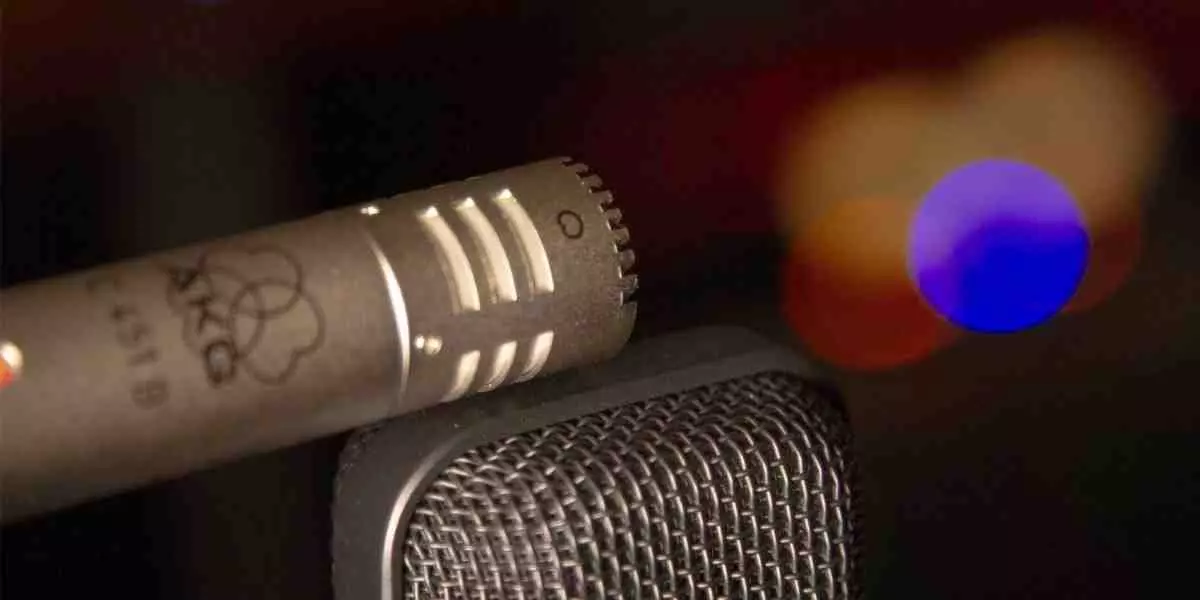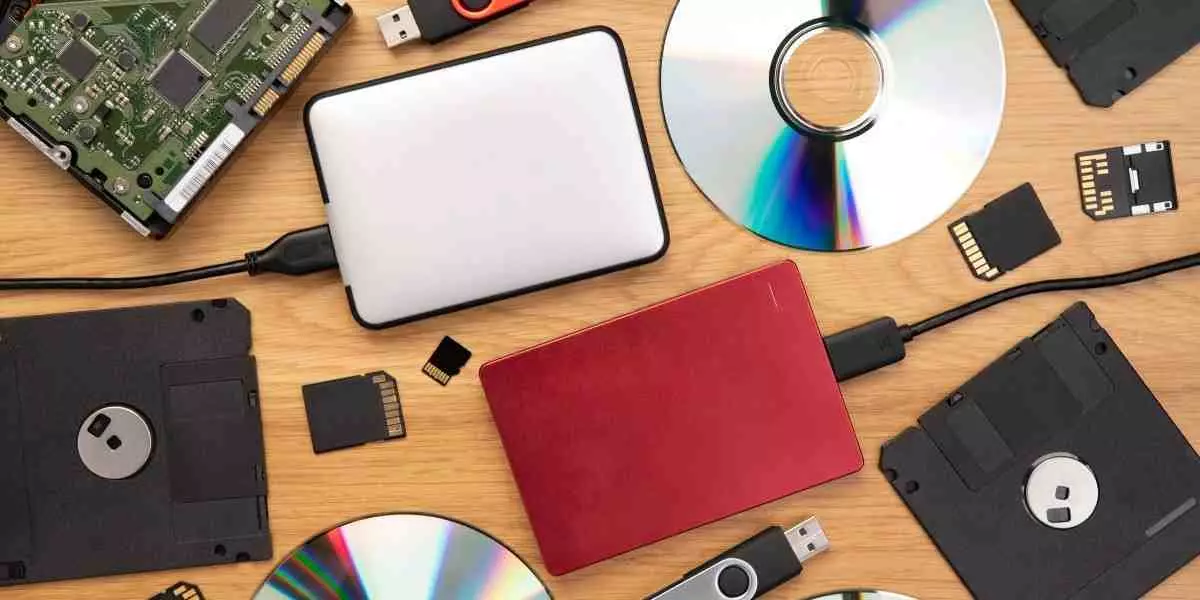Does Music Gear Matter?

At some point, many musicians get fixated on equipment. We obsess over string gauges, signal paths, pickup choices, and even wonder if true‑bypass pedals will fix our tone. As the rabbit hole gets deeper, it’s easy to believe that gear has a significant impact on what listeners think.
Some insist a humbucker‑loaded guitar is mandatory for heavy music or that a 5‑string bass is essential for “serious” bass playing. You’ve probably met someone playing an Epiphone or Squier who feels they must upgrade to a “real” Gibson or Fender to be considered legitimate. Maybe you felt that way once yourself (I know I did).
Here’s the hard truth: nobody cares.
Your audience cannot tell what chorus pedal you’re using, whether your amplifier is tube or digital, or any other minute detail you’re sweating. What matters to listeners is the quality of your performance and the appeal of your songs.
What Listeners Actually Notice
Most people who love music aren’t musicians. They know little about how a track is created or performed. They respond to the whole, not the parts.
If a song moves them, the artists have done their job. Nothing should get in the way of that goal. A musician’s function is to serve the song, and the equipment is of little consequence to the audience.
Music Gear Importance
Ironically, there’s one person your gear choice truly matters to, and that is yourself. Instruments, amps, pedals, and accessories are just tools, like paintbrushes or cameras. Their capabilities and limitations shape how we use them, which in turn influences our creative choices.
There’s a saying: “Nobody cares what paintbrushes Michelangelo used to paint the Sistine Chapel.” The audience doesn’t benefit from the tools; the artist does. The same applies to music gear.
Experimenting with unfamiliar tools can spark new ideas. Hearing yourself through a different instrument, amp, or pedal can be thrilling and a powerful source of inspiration. Musicians, like all artists, often find inspiration in the tools they use.
Skill vs. Gear
As a working rule of thumb, most of what people call “tone” comes from your hands, arrangement, and how you play with others. Having the right gear is like using seasoning in cooking; it can elevate a good performance, and it can hinder a bad one.
Prioritize practice, tight arrangements, timing, and dynamics. Improve your skills and then use the right gear to complement those fundamental skills, not replace them.
Cheap vs. Expensive Music Gear
Modern budget gear is better than ever. High-quality equipment often delivers a nicer, more premium-feeling product with lots of features. Those upgrades can make you play better and more confidently. But past a certain point, the extra dollars buy refinements most listeners will never notice. Spend where it helps you create and perform, not to impress other people - especially if you can't afford it.
So, what’s the message here? Should you swear off purchasing another piece of gear and make do with what you have? Or should you go all-out and treat yourself to that Murphy Lab ‘59 Les Paul you’ve been eyeing? Only you can answer that. The point being driven home is not to be preoccupied with others’ perceptions of your gear.
How to Choose Gear That Inspires You
- Test the music gear. Get a real feel for your gear by testing it at your local Long & McQuade.
- Chase feels, not specs. If a guitar or pedal is more comfortable to play than one that sounds better, sometimes it's better to prioritize form over function.
- Buy for reliability: Search for quality gear that has a history of reliability; these products are most likely to last longer (assuming you maintain them, of course)
- Set a budget. Put the rest of your budget to lessons, rehearsal, and recording.
Buy Music Gear For You
If you want to play jazz on a Jackson Dinky, do it and don’t apologize. If you want to play metal on a Vintera Telecaster, the same deal applies. You are the only one who should care about your music gear.
If you discover that your finest blues riffs emerge when playing a Fender Stratocaster because of its tone and feel, then you should buy yourself a Fender Stratocaster. If the idea of powering your sound through a towering Marshall stack excites you, then purchase that amplifier and speaker cabinet.
Essentially, you should equip yourself with the instruments that motivate you to play your best. When you perform optimally on your instrument, you'll naturally enhance your music.
The important takeaway is to keep playing and keep creating. Ignore the judgments and expectations of others about your equipment choices. If it feels right and helps you serve the song, use it and get on with making music.
------------------------------------------------
Justin Waterfield is a lifelong guitarist, having played it as his primary instrument for over 20 years. He is the Electric Guitar Department Manager at the Bloor Street store in Toronto.






